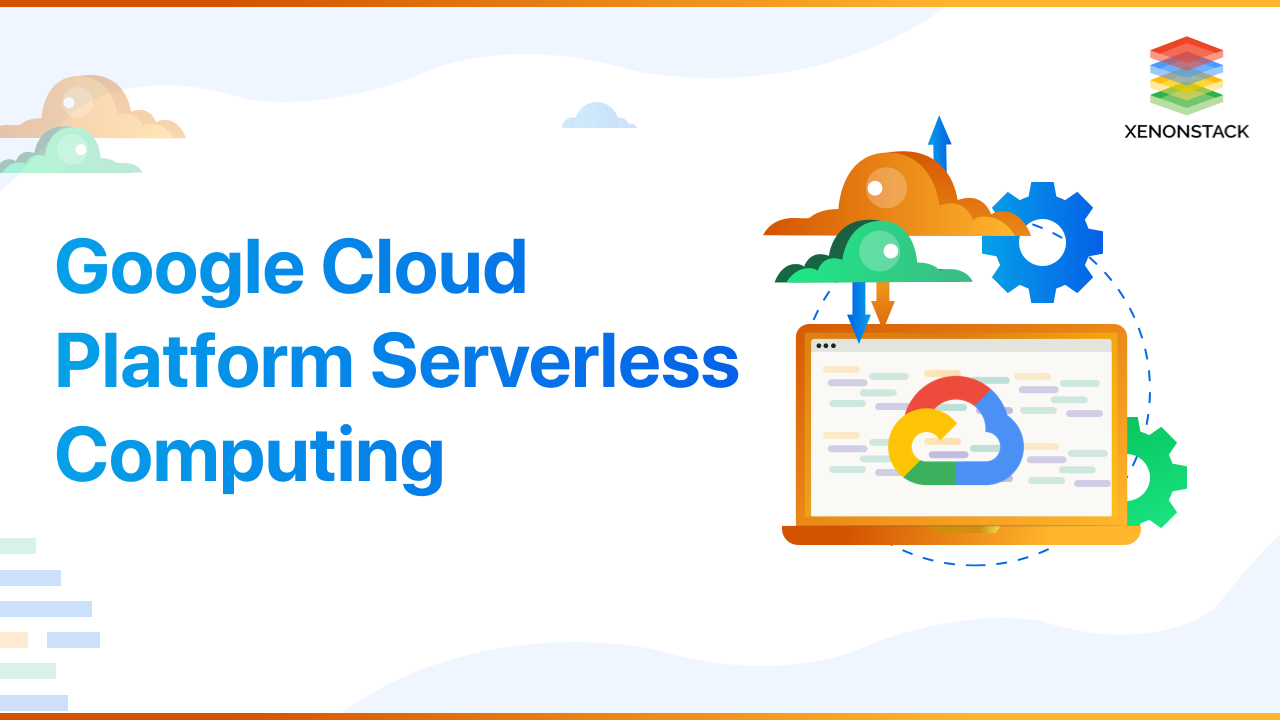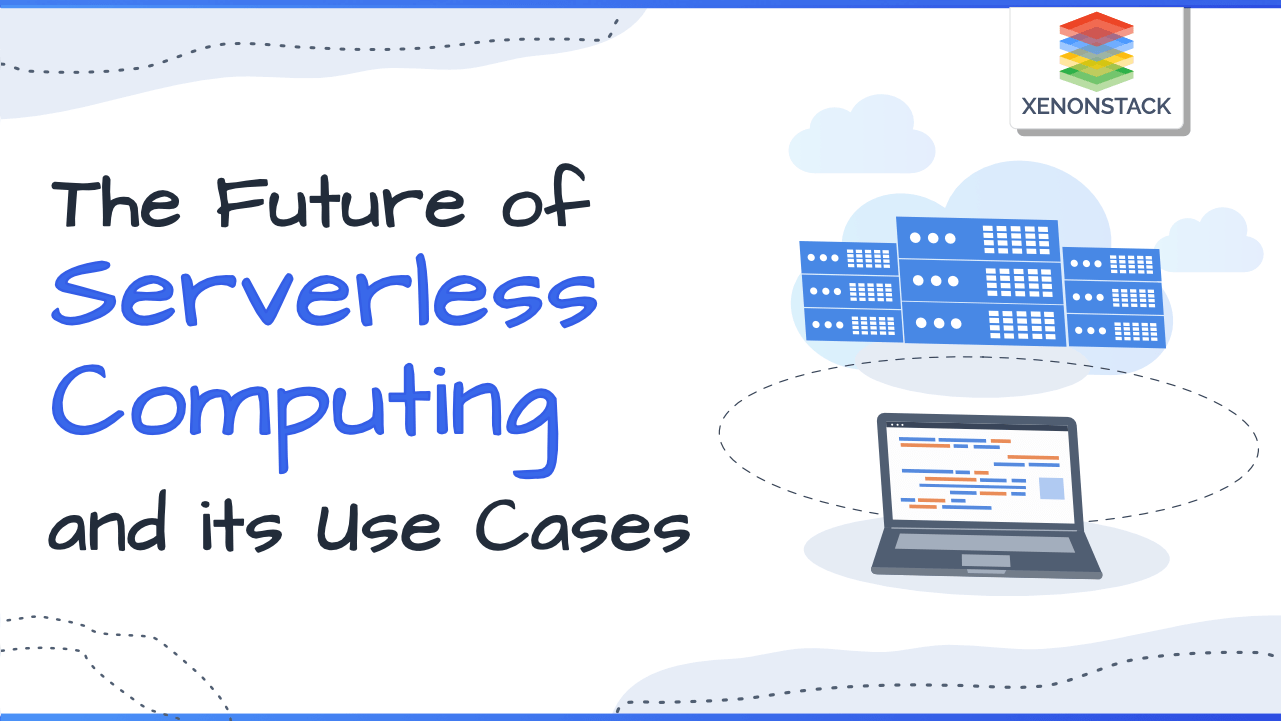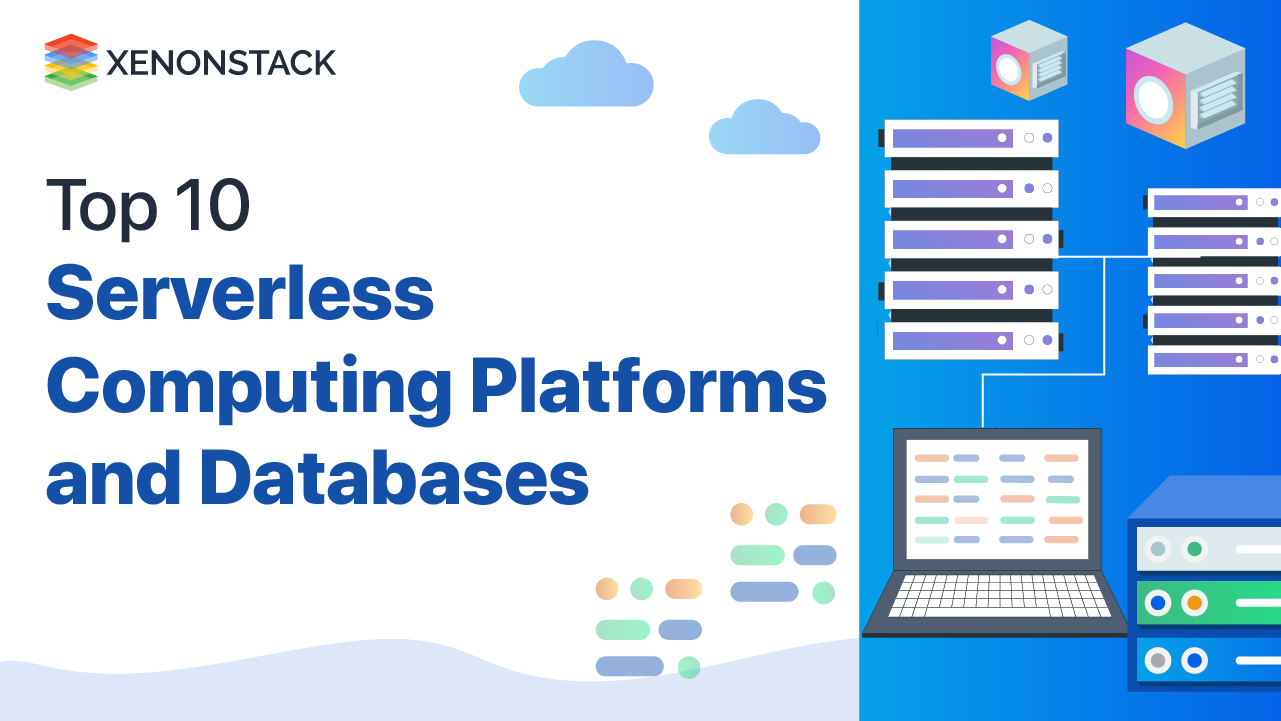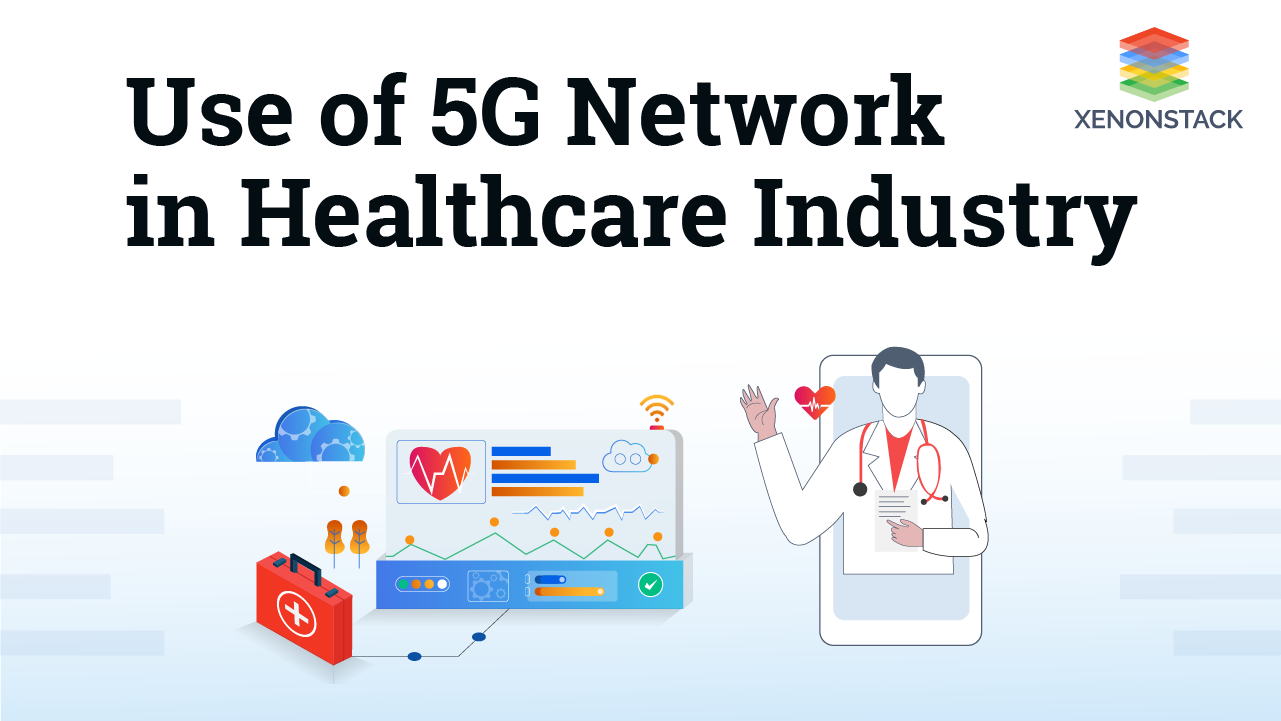
Introduction to Google Cloud Platform Serverless Computing
Google Cloud Serverless (GCP) computing makes scalability of the server to infinity, i.e., there will be no load management, it has to run code or function on request or event, if there will be parallel requests, there will be function running for each particular application. We have covered in great length the serverless computing. The most famous vendors are Azure Serverless, AWS Lamba, and GCP Serverless Serverless.A term used to describe the services, practices, and methods that allow you to create more agile apps that allow you to adapt and react to change more quickly. Click to explore about, AWS Serverless Computing
What are the benefits of it?
GCP Serverless Computing Provide?
- No need for Managing server.
- Fully Managed Security.
- Pay only for what you use.
- Flexible environment for developer.
- Easy to understand interface.
- Various types of options regarding Full-Stack Serverless.
- It provides with everything one needs to build an end to end serverless application.
- It helps you entirely focus your attention to the code only rest everything is taken care of by GCP.
- Deployment is quite fast, and you can go global as soon as you complete every formality regarding the system.
Full Stack Serverless Apps
It is very flexible with any code or container deployment over it. User can deploy his code as source code or as containers. Full-stack serverless applications with GCP storage, databases, machine learning, and many more methods could be used to build.Write code your on the way using GCP
Lets the user use any language that he's comfortable in and provides all kind of help with frameworks and libraries too. User can deploy as function, source code or container, etc., in whatever way he's comfortable.Easy Serverless computation
After the user does his work. It takes care of everything after that, and it works on handling all the tasks regarding configuration, provisioning, load balancing, sharding etc. in a way that suits the user's program the best. This way of working allows the user to have some more time with his product that he can use innovating it or any other task to enhance the performance of the product.Run The Workloads Anywhere using GCP
When using it, one can move to any platform, bother free as it helps to maintain consistent developer experience. This all is done with the help of Knative, and it enables you to run your workloads anywhere: fully managed on Google Cloud or Kubernetes Engine, or in user's Cluster. Google Cloud allows the user to choose the right Serverless to compute product for them. The options offer great flexibility to developers to write their code.Microsoft Azure also can accommodate Modern apps of any kind by stitching together many functionalities from various source. Source- Azure Serverless Computing
Google Cloud Platform Serverless for DevOps
Given below are the benefits of it for DevOps:- It build lets the user create CI and CD pipelines for your serverless applications very quickly.
- Stackdriver helps aggregate metrics, logs and events for user's serverless application running on it.
- It Identity & Access Management (Cloud IAM) lets admin control all the functions of his application with a single interface.
- It scheduler help automate big data jobs, its infrastructure operations and many more in a fully serverless fashion.
AWS Lambda vs Google Cloud Platform Serverless Architecture
There are various differences between AWS Lambda vs GCP serverless some of them are listed below:Supported Language
There are many languages supported in AWS Lambda as compared to GCP serverless.Ease of deployment
The smoother the deployment, faster the codes can get deployed, faster the product can be delivered. With GCP, it is easy to implement the function, as it involves only one step. But although it has fewer steps than AWS Lambda. Lambda can use and update the service faster than its function does.Network Performance & Stability
Aws Lambda is slightly faster and more stable than the GCP.CPU Throughput
Performance is the main reason serverless is chosen, as no one needs slow computing performance. CPU Throughput is the number of executions per time unit without network constraints. AWS Lambda is faster than it Function based on CPU Throughput.Memory Management
GCP Function's memory management is better than that of AWS Lambda.Pricing
AWS is slightly cheaper than GCF as Invocation per month and Compute time per month is more for GCF.Logging, Monitoring, and Debugging
Performance can be monitored and troubleshot of user functions using Goggle StackDriver suite of tools.- Logging – Logs emitted from user's cloud functions are automatically written to Stackdriver Logging.
- Monitoring – Performance of user is recorded in Stackdriver monitoring
- Debugging – User's code's behaviour can be investigated using stack driver debugger.
- Errors from users functions too are reported on stack driver.
Developer Experience
- Building and Testing – Cloud SDK, Cloud console web interface, and many more can be used to create, manage and deploy its Functions. Standard Node.js, Python and Go can be used.
- Deploying – Deployment can be done from a local machine or from any source repository like GitHub or bitbucket.
- Automatic Dependency Resolution – User can send the entire source code without worrying a bit about the dependency issues or anything related to it.
Serverless computing can also be recognized as Function-as-a-Service architecture of cloud computing. Click to explore about, Its Applications
What are the benefits of it?
There are various benefits and features of it, few of them are listed below:- No Server Management – It helps build applications faster, and the user has to deploy his/her code and it will take care of the rest.
- Pay Only While your Code Runs – User has to only pay for the minutes he has used the services for his application.
- Scales Automatically – Its function scales automatically according to the workload.
- Runs code in response to events – It allows the user to trigger system from Firebase, GCP, their Assistant or call it directly from the mobile, web, backend application via HTTP.
- Connects and Extends Services – It even allows 3rd party services to connect and help move the code rapidly from concept to production.
-
- Cloud Pub/Sub – It helps in auto scaling & provisioning with no partitions to eliminate planning and ensure workloads are ready for production from day one.
Conclusion
Cloud adoption is not only about agility and cost optimization. It’s about continuously building, innovating, and staying ahead. Enable us to provide backend services on an as-used basis and charged based on their computation. GCP also unlocks a whole new world of digital opportunities.
- Discover more about AWS Serverless Computing Architecture and Tools
- Click to explore Amazon Glue for advanced Serverless Computing


